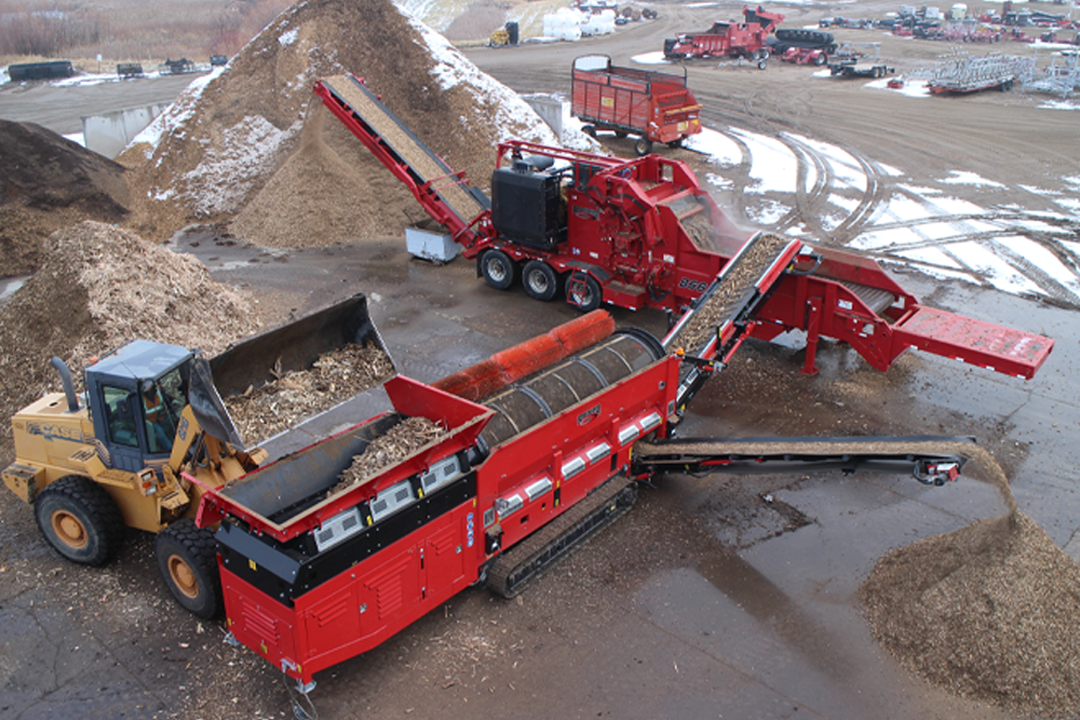
It’s no secret that fuel prices are on the rise. In fact, according to the U.S. Energy Information Administration (EIA), summer fuel prices are projected to reach their highest retail price since 2014. The upwards trend is caused by a perfect storm of factors, including pandemic supply and demand issues, the ending of lockdowns in some countries, and the war in Ukraine.
With fuel being a necessary part of the job, it should come as no surprise that rising fuel prices are causing truckers to suffer. However, just as concerning is the effect these high prices will have on small businesses with diesel-reliant equipment.
How Rising Fuel Prices Are Affecting Grinding Operations
High fuel prices are only adding to the lingering supply chain issues that came from the pandemic. Over 70% of American freight is moved by trucks, according to the American Trucking Association (ATA). With gas being as expensive as it is, many drivers are choosing short hauls over long hauls to ensure they’re making a profit—others are leaving the industry altogether.
In March of this year, the ATA warned the White House that rising fuel prices would have a detrimental effect on the industry overall. Small businesses that are heavily reliant on diesel fuel, like grinding operations, could be in danger of total failure, as many don’t have the resources to keep up with surging fuel costs. These factors could cause, as the ATA puts it, “catastrophic consequences for a supply chain that’s already overstressed.”
For many grinding operations, diesel fuel is the lifeblood of their business, and high fuel prices are increasing the daily cost of operations. Companies that have large service areas could be forced to narrow their range to reduce transportation costs. If that’s not an option, operations may have to make staffing cuts, leading to reduced hours or layoffs. After that, the burden will be passed to the customer, as prices of wholesale and retail feedstock rise to combat the increase in business overhead.
Saving Money on Fuel
For grinding operations, fuel is essential, which means finding ways to save fuel when possible is imperative.
Equipment Telematics
Eliminating fuel inefficiencies is one of the best ways to save on gas. Some telematics monitoring systems, like RotoLink®, allow operators to access detailed information about their machine. Analyzing fuel consumption can help you understand where you can cut back on waste.
Reducing Idling Drivers
Idling can be a huge waste of diesel fuel. Try these tips to reduce idle tie as much as possible:
- Limit idle time during shutoff to 2 minutes for older engines and almost none for newer ones
- Turn off machines waiting more than 5 minutes to load or unload
- Restrict morning warmups to 3–5 minutes
- Turn off equipment during breaks
- Use automatic shut down when available
Operator Training
Finding skilled operators can be difficult, but the American Society for Training and Development (ASTD) notes that adequate training is a great tool for attracting skilled workers. Training can also make a huge difference for your fuel consumption; a skilled operator can use 10–12% less fuel than an unskilled one.
Reduce Supporting Equipment
When looking to reduce your operation’s reliance on fuel, look closely for ways to streamline your material handling process. Adding a conveyor to your lineup can decrease your need for supporting equipment and, in turn, reduce your reliance on fuel.
For more industry insights, visit the Rotochopper blog.
